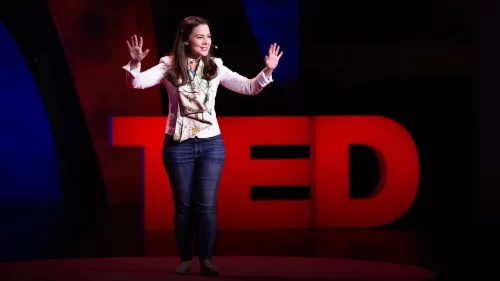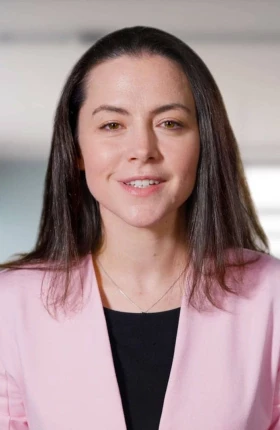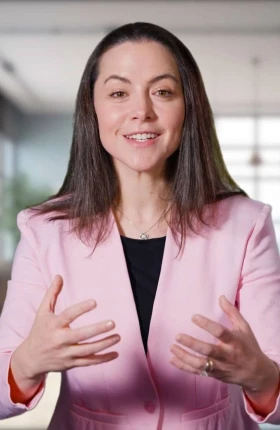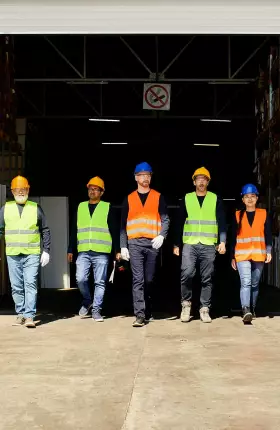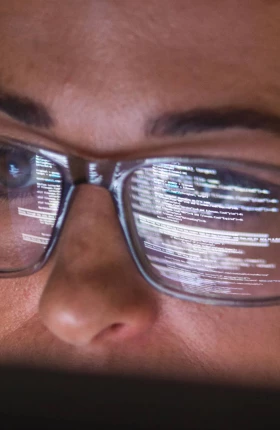
Education
- MPP, Harvard Kennedy School
- BA, Economic and Social Sciences, University of Sydney
Julia Dhar joined Boston Consulting Group in 2009 and is a core member of the People & Organization, Industrial Goods, Public Sector, and Social Impact practices. She founded and leads BCG’s Behavioral Science Lab and the firm’s behavioral science network BeSmart, and is a member of BCG’s global Change Management leadership team. Trained as a behavioral economist, Julia champions the use of behavioral insights to improve product and service design and delivery to make countries and organizations more inclusive, sustainable, and productive. She is deeply involved in the firm's IP development on the Future of Work and co-leads BCG’s work on deskless workers.
Julia is the co-author of "Building Resilient Organizations: Best practices, tools and insights to thrive in ever-changing contexts" published by the Project Management Institute in 2022 and "The Decision-Maker's Playbook" published by the Financial Times in 2019. Her TED talks on productive disagreement and constructive conversations have been viewed more than 8.5 million times.
Julia has advised and implemented transformation strategies across a range of social impact and public sector organizations, including economic development and planning, finance, labor, education, and social welfare. She works with private sector clients to integrate choice architecture and customer insights to improve productivity, performance, employee engagement, and customer experience of organizations in sectors including manufacturing, distribution airlines, energy, technology, and telecommunications.
Before joining the firm, Julia worked as the Private Secretary to the Deputy Prime Minister and Minister of Finance in New Zealand and led a major study to increase private capital for public services at the UK Cabinet Office's Social Investment and Finance Team. Julia is a board member of RefugePoint, one of the leading voices for refugee resettlement and self-reliance.
